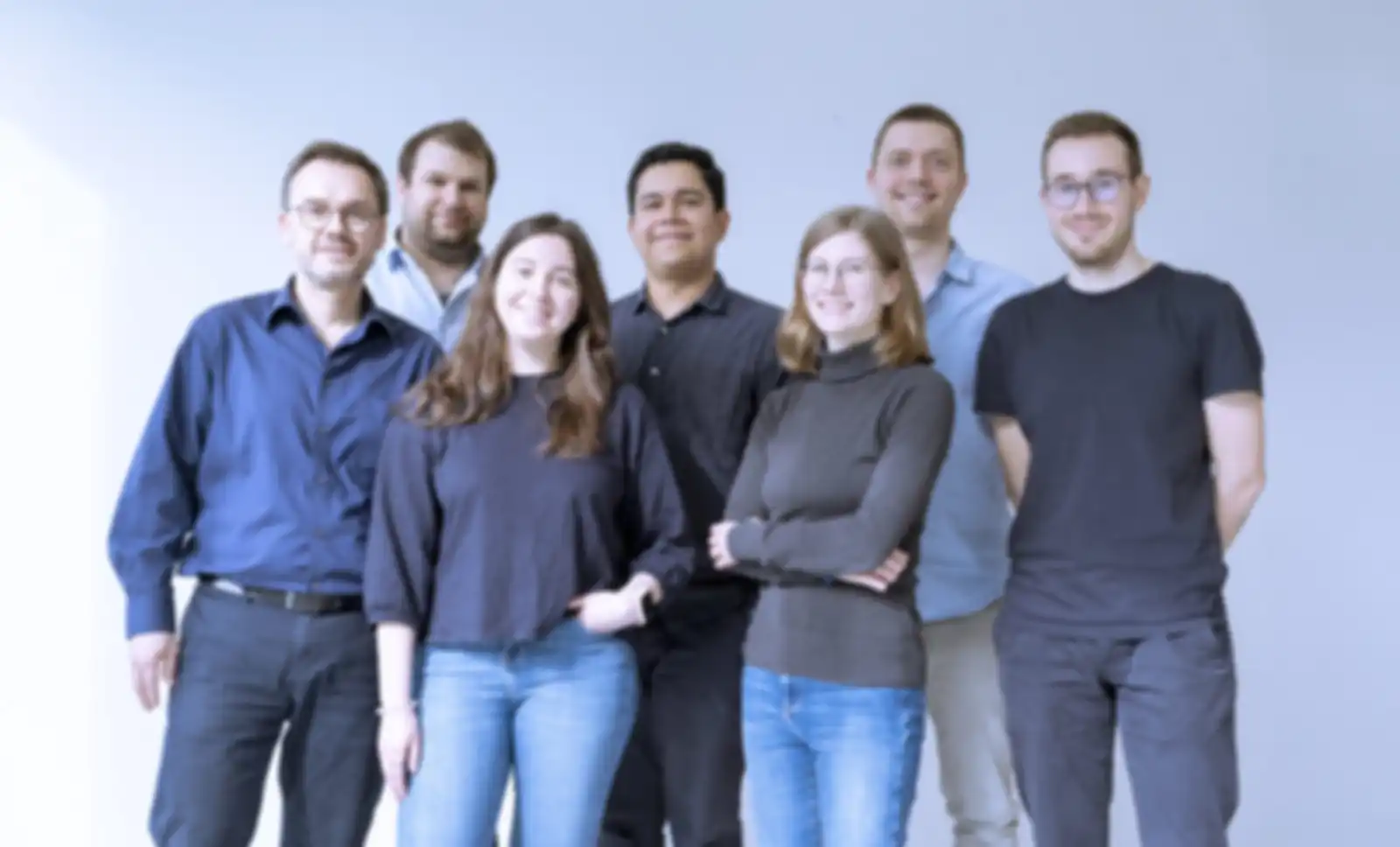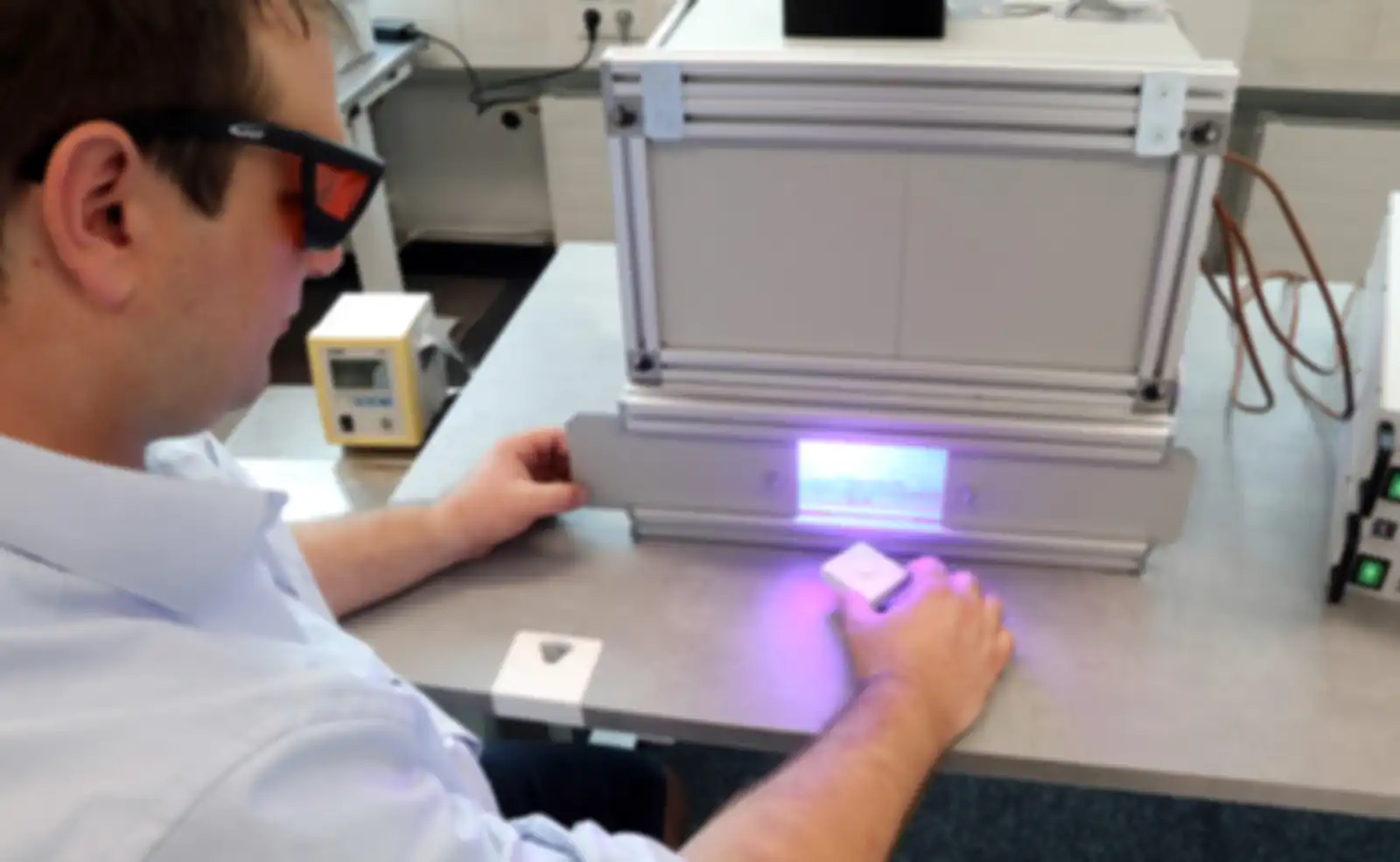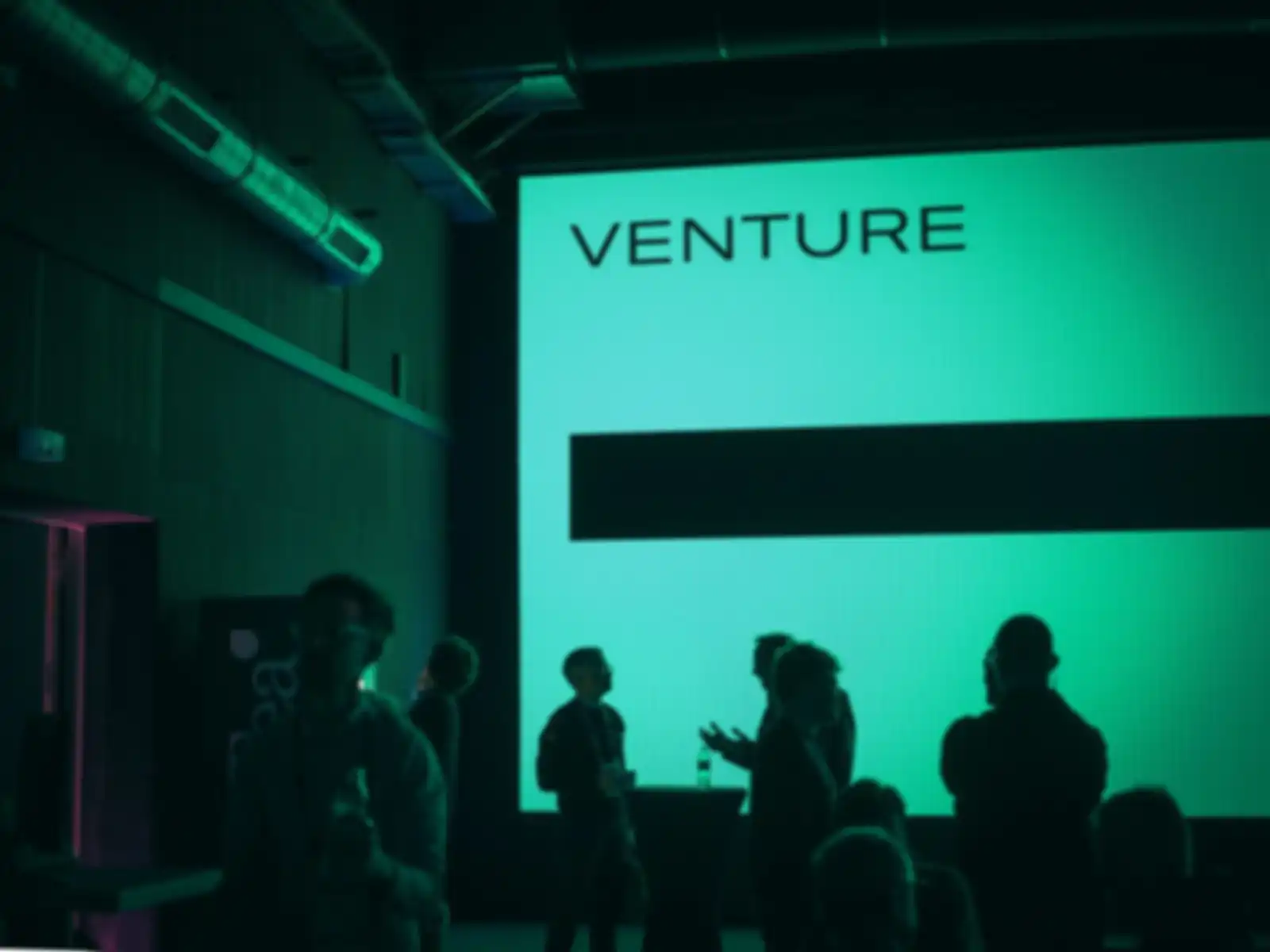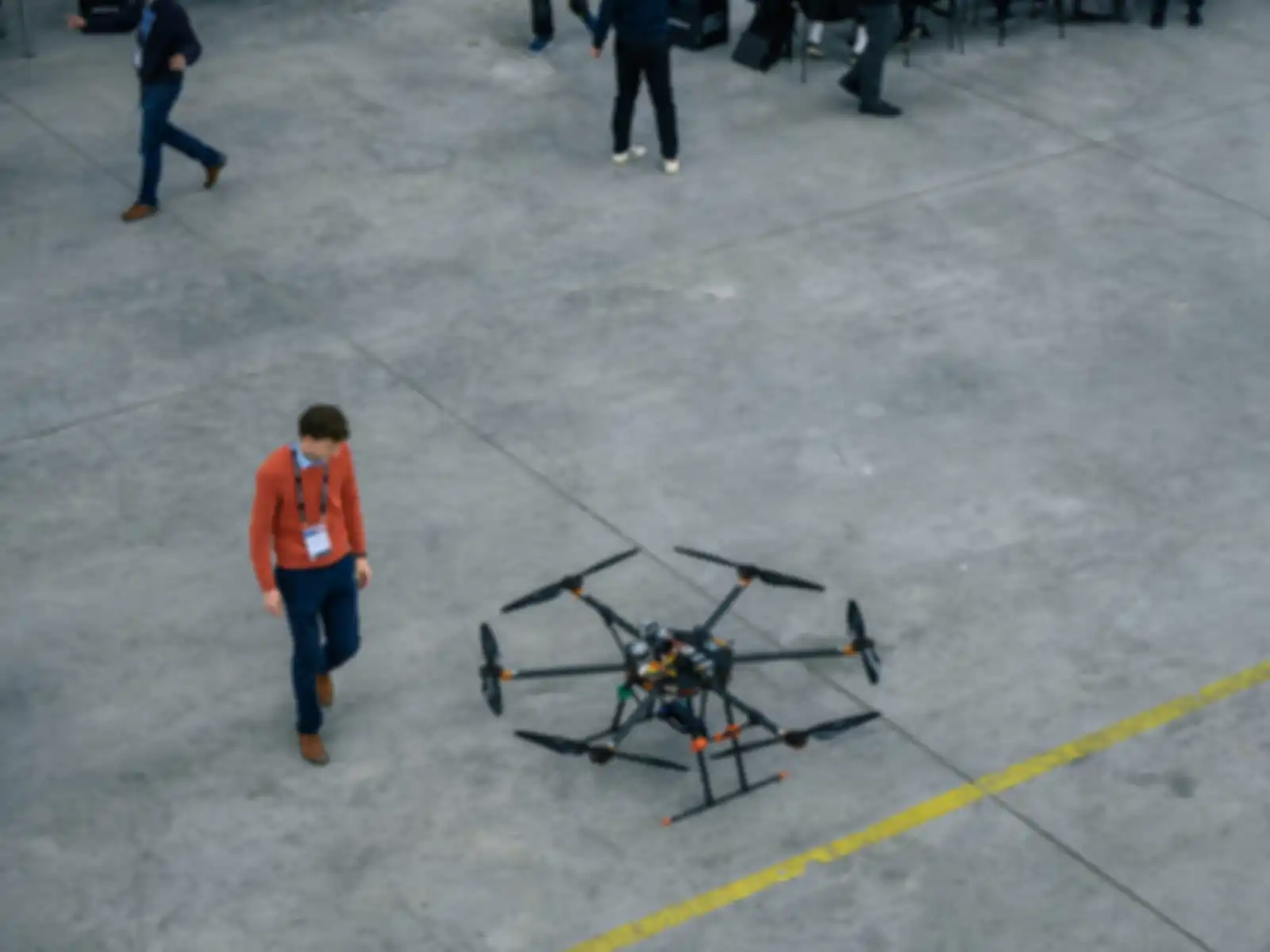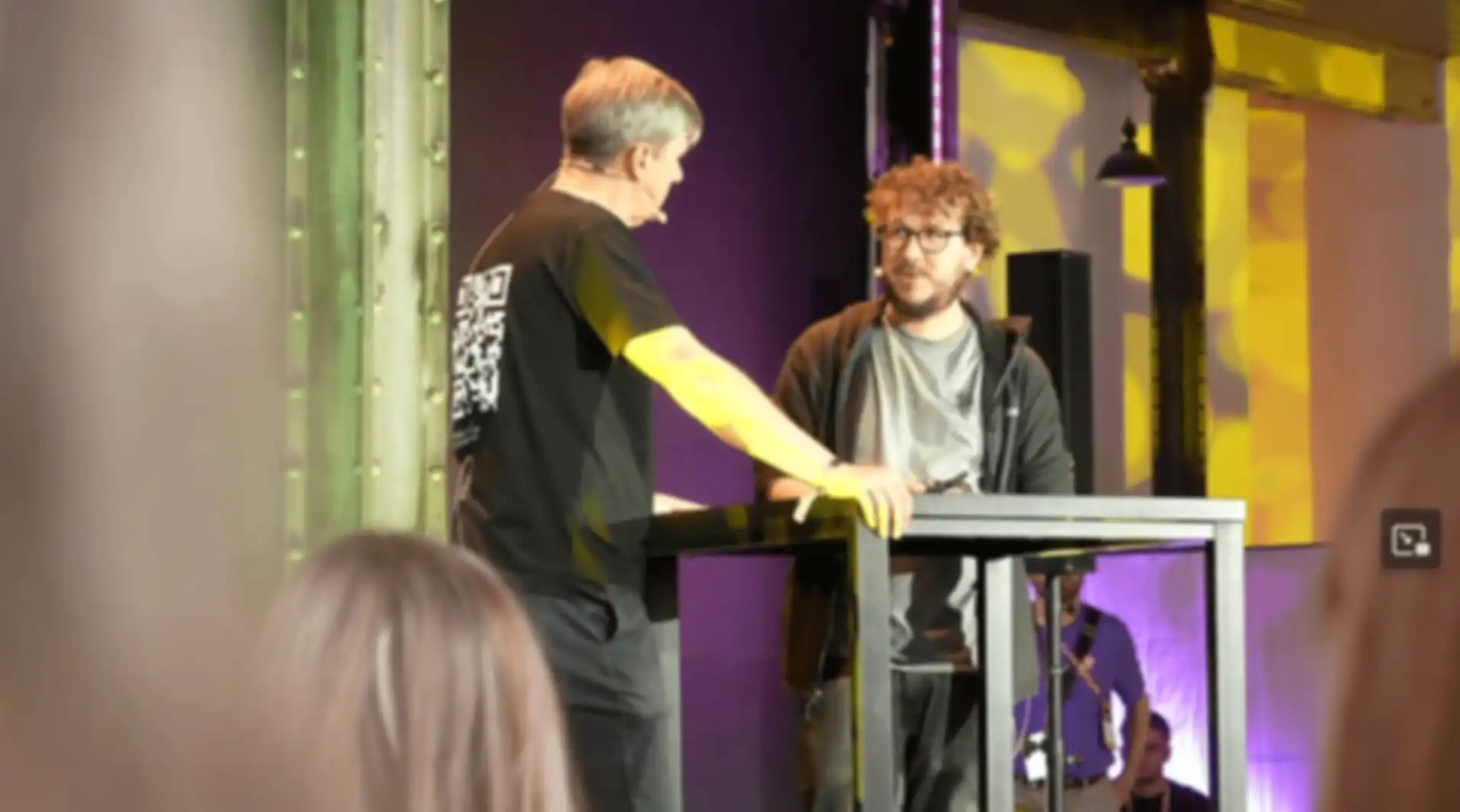5/7/2024
LAYING THE KILN TO REST
Blue light instead of fossil fuels
During his doctorate, Lukas Porz was trying to change the properties of ceramics by heating them faster. The experiment failed and his ceramics remained unchanged. But then Lukas Porz had a light bulb moment: He discovered that he could heat ceramics in just a few seconds instead of firing them for hours in a kiln if he used blue light.
Kilns have a tradition going back thousands of years. Some are fueled with hydrogen, but most use fossil fuels such as coal and gas. These heating processes cause more than 10 percent of global CO₂ emissions—a climate catastrophe. What’s more: The combustion process is inefficient in terms of energy. This is because not only ceramics, steel, cement or glass are heated in the kilns, but also the entire environment, causing a lot of energy to be lost in the process.
If ceramic is irradiated with blue light, it absorbs the light and UV rays almost completely. The ceramic is heated within a few seconds while everything else remains cold. The energy is therefore only used where it is actually needed and expensive insulation is no longer necessary. Radiant heat is already used in infrared ovens. However, blue light is absorbed much better than red light, which increases speed and efficiency by leaps and bounds.
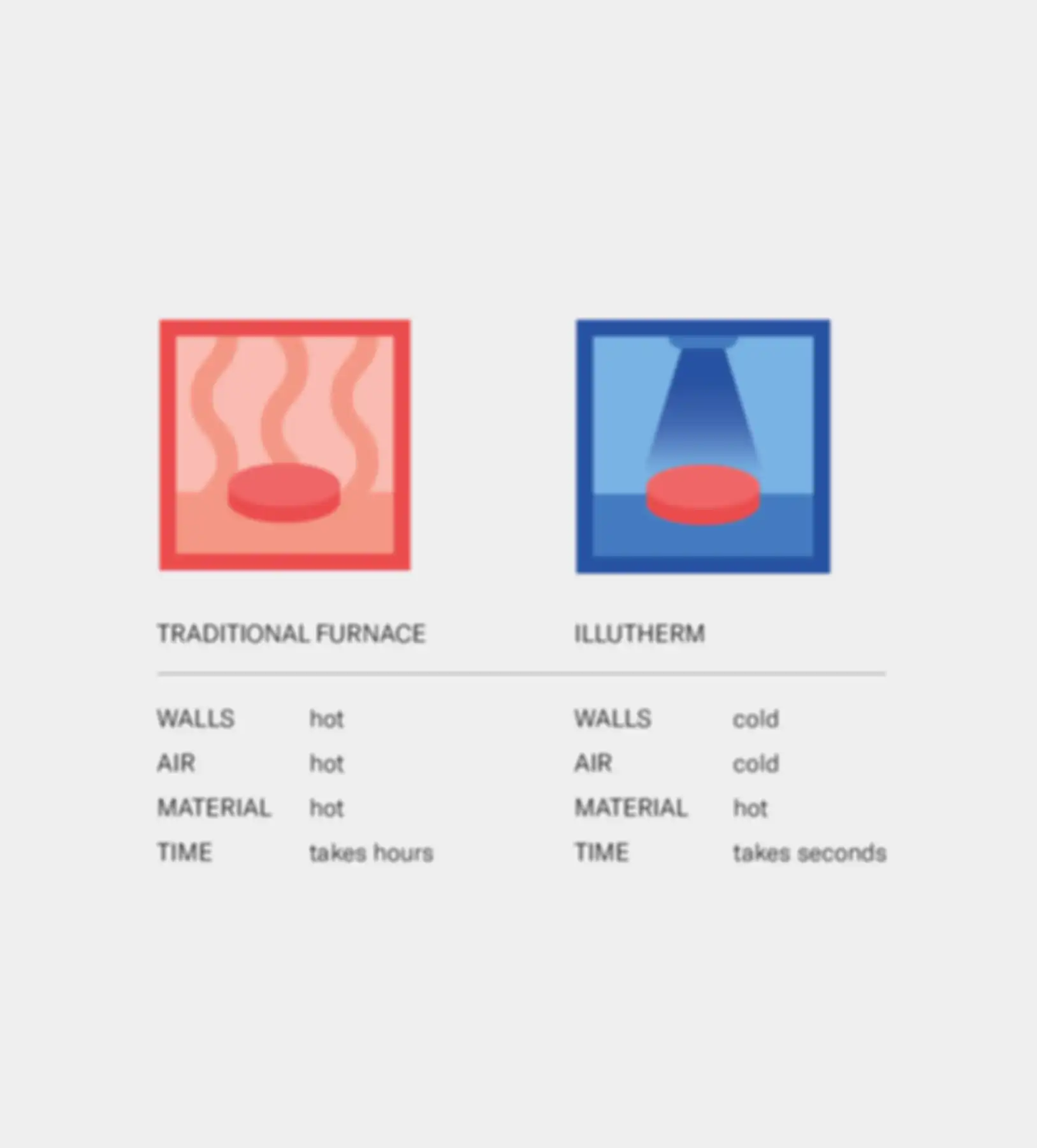
In May 2022, Lukas Porz presented his idea to SPRIND together with his fellow student Michael Scherer. Less than a year later, they founded ILLUTHERM GmbH together with Miltiadis Vlachos, who is a veteran in the industrial sector.
The team now consists of seven people, and their visions have also grown: ILLUTHERM not only wants to revolutionize the firing process for ceramics, but also heat metals, glass and cement with blue light in order to reduce the high CO₂ emissions in the industry.
The biggest challenge was – and still is – the development of LED technology. The initial aim was to heat materials to 1000 degrees Celsius using blue LEDs. One year later, the ILLUTHERM prototype had already reached 1400 degrees.
Fortunately, it doesn’t take long to test new applications: Insert the sample, press the button, wait 10 seconds, allow to cool, remove, done. A test can be performed in less than a minute. The highly accelerated firing process means that many tests can be carried out in a short time.
The ILLUTHERM prototype is about the size of a microwave and can be transported with its components in the trunk of a car. It is suitable for heating small material parts. Such a device can be used, for example, to fire small ceramic parts such as dental implants: As a dentist, you could fire the implants directly in the practice a very short time, thus saving valuable time.
In the long term, however, ILLUTHERM wants to focus on where it is most urgently needed: in the energy-intensive industrial sector. As the ILLUTHERM technology is scalable, it is also suitable for industrial heating processes. And as the electricity for the blue LEDs can be obtained from renewable energy sources, the process is particularly climate-friendly. What's more: The speed of the process makes it possible to adjust electricity consumption to the up-to-the-minute availability and price of green electricity. This makes expensive energy storage superfluous.
Firing ceramics in a matter of seconds instead of the usual hours or even days is a groundbreaking advance in itself. But for ILLUTHERM, this is just the beginning.
The goal: to use blue light instead of fossil fuels in the industrial sector.
With its networks, SPRIND will support ILLUTHERM in its further endeavors: ILLUTHERM's technology has the potential to fundamentally change the energy-intensive industry and significantly reduce CO₂ emissions. Instead of burning fossil fuels, materials such as ceramics, metal, glass and cement can be heated with blue light. This process is not only more efficient, but can also be powered by renewable energy. As a result, ILLUTHERM's innovations make an important contribution to climate protection.
About ILLUTHERM: illutherm.com
22 April 2024
What is blue light? Why can it be used to heat ceramics, steel and other materials in a particularly energy-efficient way? And how could LEDs decarbonize many large-scale industrial production processes? Our host Thomas Ramge talks to Prof. Dr. Lukas Porz, co-founder of the Darmstadt-based start-up ILLUTHERM.
Listen to the episode (in German).
